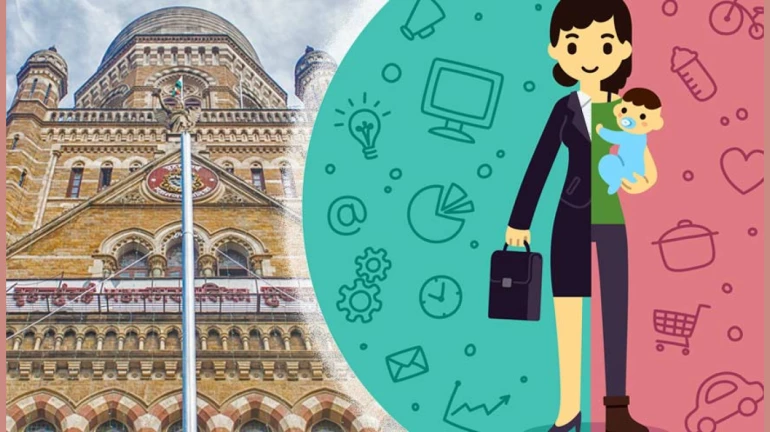
According to a recent survey, the percentage of pregnant and breastfeeding women in Mumbai slums who were anemic fell from 52% to 38%. Additionally, it showed increases in young children's diet quality, proper beginning of supplemental feeding, and adherence to exclusive breastfeeding for the first six months.
An assessment report titled "Hybrid Intervention to Improve Maternal and Child Health and Nutrition in Urban Informal Settlements of Mumbai" was released by the HT Parekh Foundation and the Society for Nutrition, Education, and Health Action (SNEHA) to evaluate the health outcomes of mothers and children in Mumbai's urban slum settlements.
It was 52% in 2021, which has now been decreased to 38% in 2024. With the help of the foundation and the NGO, the health status of women and children has improved in Mumbai's urban poor communities, as evidenced by the survey, which involved 1000 moms.
The research emphasises how moms who live in these vulnerable neighbourhoods have made substantial progress in their child-feeding practices. These gains include a number of important areas, such as following the six-month exclusive breastfeeding protocol, initiating supplemental feedings at the right time, and maintaining a healthy diet that satisfies the nutritional needs of small children and meets minimal meal frequencies.
The percentage of women who exclusively breastfeed rose from 59% in the first survey in 2021 to 74% in the second assessment in 2024. Furthermore, within the same time span, the percentage of mothers who initiate supplemental feedings appropriately has increased from 66% to 74%. Additionally, vaccination coverage for diseases that can be prevented by vaccines, which is a vital aspect of children's health, increased from 78% to 87% throughout the assessment period.
According to the survey, this has also decreased the rate of malnutrition among children below the age of 5 in slums. The results showed that the percentage of these kids who were stunted decreased from 34% in 2021 to 30% in 2024. Children who were underweight showed a decline from 32% in 2021 to 29% in 2024.
To address child malnutrition and health challenges in our communities, SNEHA has teamed with the government's Integrated Child Development Services and the health services provided by Brihanmumbai Municipal Corporation (BMC).
Between 2021 and 2024, the Maternal and Child Health program in two underprivileged Mumbai neighbourhoods served almost 16,000 clients. In partnership with ICDS and health system personnel, this entails carrying out a number of initiatives among urban poor populations in Mankhurd, Govandi, and Dharavi, such as nutrition advice and the detection and referral of child malnutrition.





